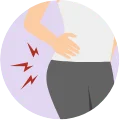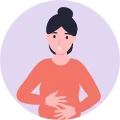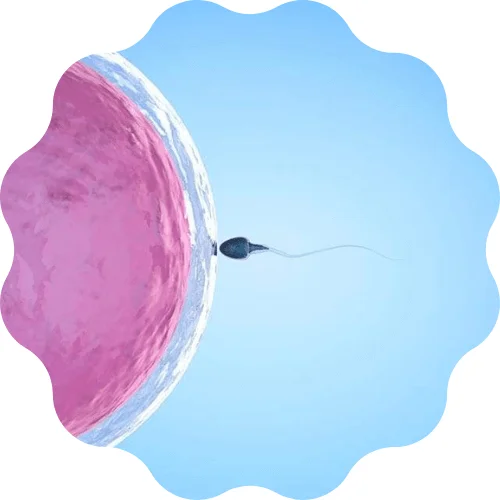1 Week Pregnant: Baby Development, Symptoms & Signs, Body Changes, Tips
First Trimester
The baby is still not in the picture.
Baby grows
Highlights
No Sign Yet!
Okay, you’re not pregnant – not just yet! But it’s probably a step closer towards it.
Fertile Window!
Keep a track of your ovulation dates. And yes, the very important, first day of last period – believe us, it’ll come in handy!
Folic Acid Boost
You should have started taking your folic acid supplements already. If you still haven’t, now’s the time to begin.
Your Baby’s Development
Week 1
Baby’s Growth

How Big is Your Baby?
The baby is still not in the picture. You are not pregnant at all.
Surprised? Yes, during this phase, your last period has already culminated and your body is gearing up for ovulation - so, you have not conceived-at least not yet.
Mother’s Changing Body

What to Expect?
During this week, you may not even know you are pregnant and may not even notice any pregnancy symptoms. Ideally, the first sign of pregnancy is a missed period.
However, some women may notice symptoms during this week or later. As the symptoms are different for every woman, it is advisable to go for a pregnancy test. Do it repeatedly to get an accurate result.
Pregnancy Symptoms
No symptoms?
Doctors calculate the expected delivery date from the first day of your last period, which is strange as you are not pregnant at this time. Therefore, during the first week, most women experience the typical period symptoms such as

Mood swings
Hormones can cause havoc on your emotions and lead to irritability

Lower back pain and cramps
When the uterus lining releases and the uterus contracts, you can experience pain in the abdomen and lower back

Breast tenderness
Hormonal changes can also make your breast feel sore around the time of ovulation.

Bloating
Increasing levels of hormones can make your belly bloated.
Your baby's form
Pregnancy Tips

This is a preconception phase and you need to take better care of yourself to ensure a smooth pregnancy. Therefore, you should:
- Avoid alcohol, drugs, and tobacco.
- Consult your doctor and start taking prenatal vitamins
- Eat nutritious food and exercise regularly
- Track your menstrual cycle

















Add a Comment